Europe 1066-1509
While those in the UK are often battling it out learn about what other European nations such as Spain and Italy are up to. Discover the changing role and influence of religion during this time and what other forms of medieval signs and marvels that people believed in.
Sort by:
Date (Newest first) | Title A-Z
Show:
All |
Articles |
Podcasts |
Multipage Articles
-

‘Compressing and rendering’: using biography to teach big stories
ArticleClick to view -

What can rituals reveal about power in the medieval world? Teaching Year 7 pupils to apply interdisciplinary approaches
ArticleClick to view -

Welsh archers at Agincourt: myth and reality
ArticleClick to view -
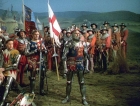
Henry V in the cinema
ArticleClick to view -
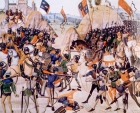
On the campaign trail: walking the Hundred Years War
ArticleClick to view -

The archer's stake and the battle of Agincourt
ArticleClick to view -
Agincourt 1415-2015
ArticleClick to view -
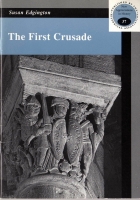
The First Crusade
ArticleClick to view -
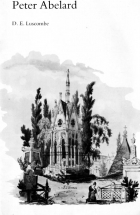
Peter Abelard
ArticleClick to view -
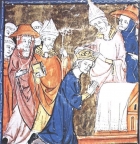
The Medieval Empire
ArticleClick to view -

The Byzantine Empire on the Eve of the Crusades
ArticleClick to view -
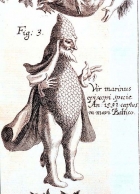
Medieval 'Signs and Marvels'
ArticleClick to view -

The Miraculous Crusade: The Role of the Mystical and Miraculous in the Morale and Motivation of the First Crusade
ArticleClick to view -
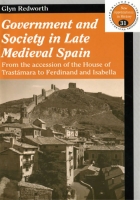
Government and Society in Late Medieval Spain
ArticleClick to view -
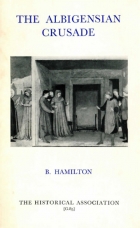
The Albigensian Crusade
ArticleClick to view -
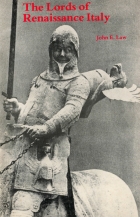
The Lords of Renaissance Italy
ArticleClick to view -
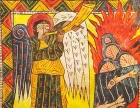
Podcasted Lecture: Why Medieval History Matters?
ArticleClick to view -
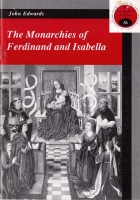
The Monarchies of Ferdinand and Isabella
ArticleClick to view -

Polychronicon 127: The Crusades
ArticleClick to view -

Popular revolt and the rise of early modern states
ArticleClick to view

